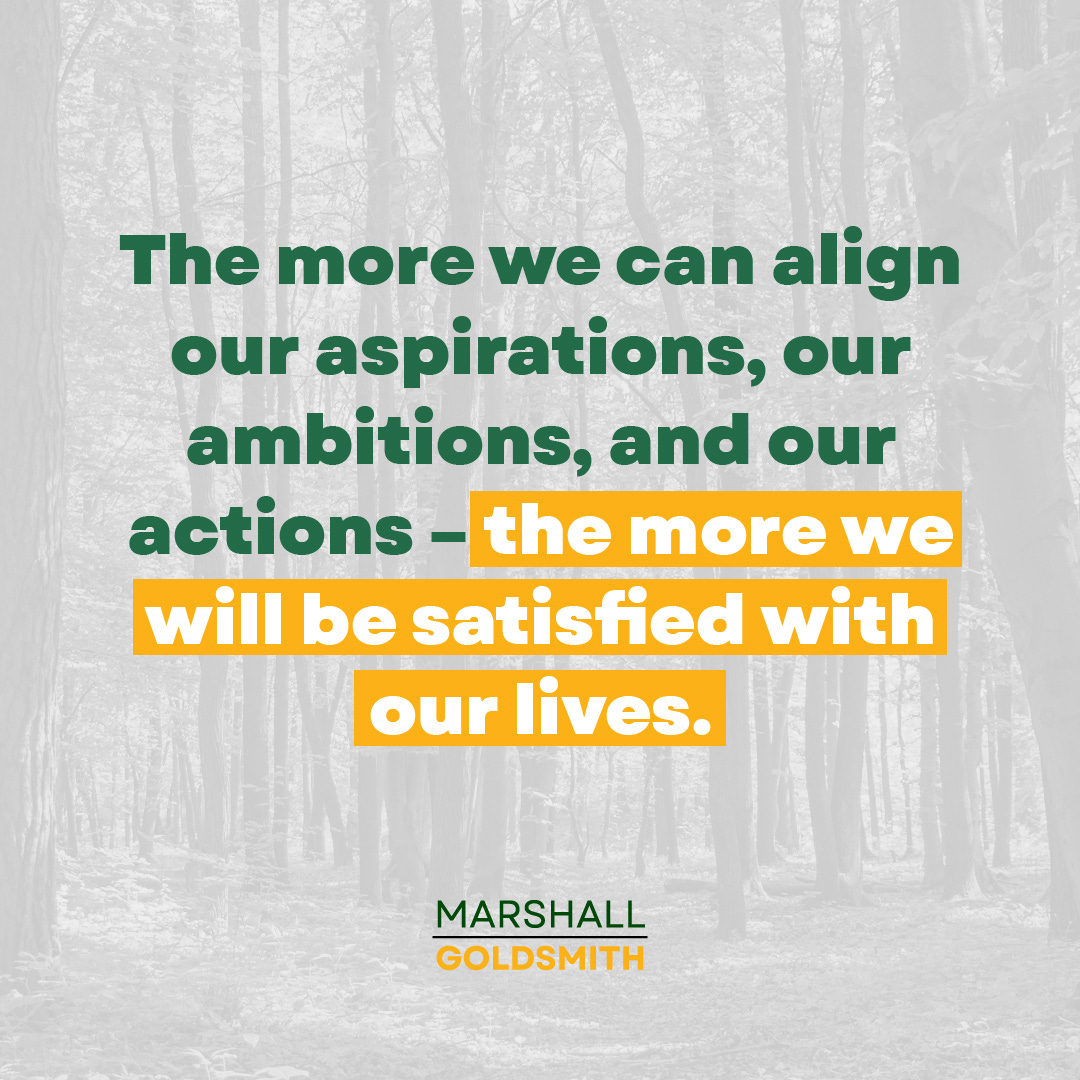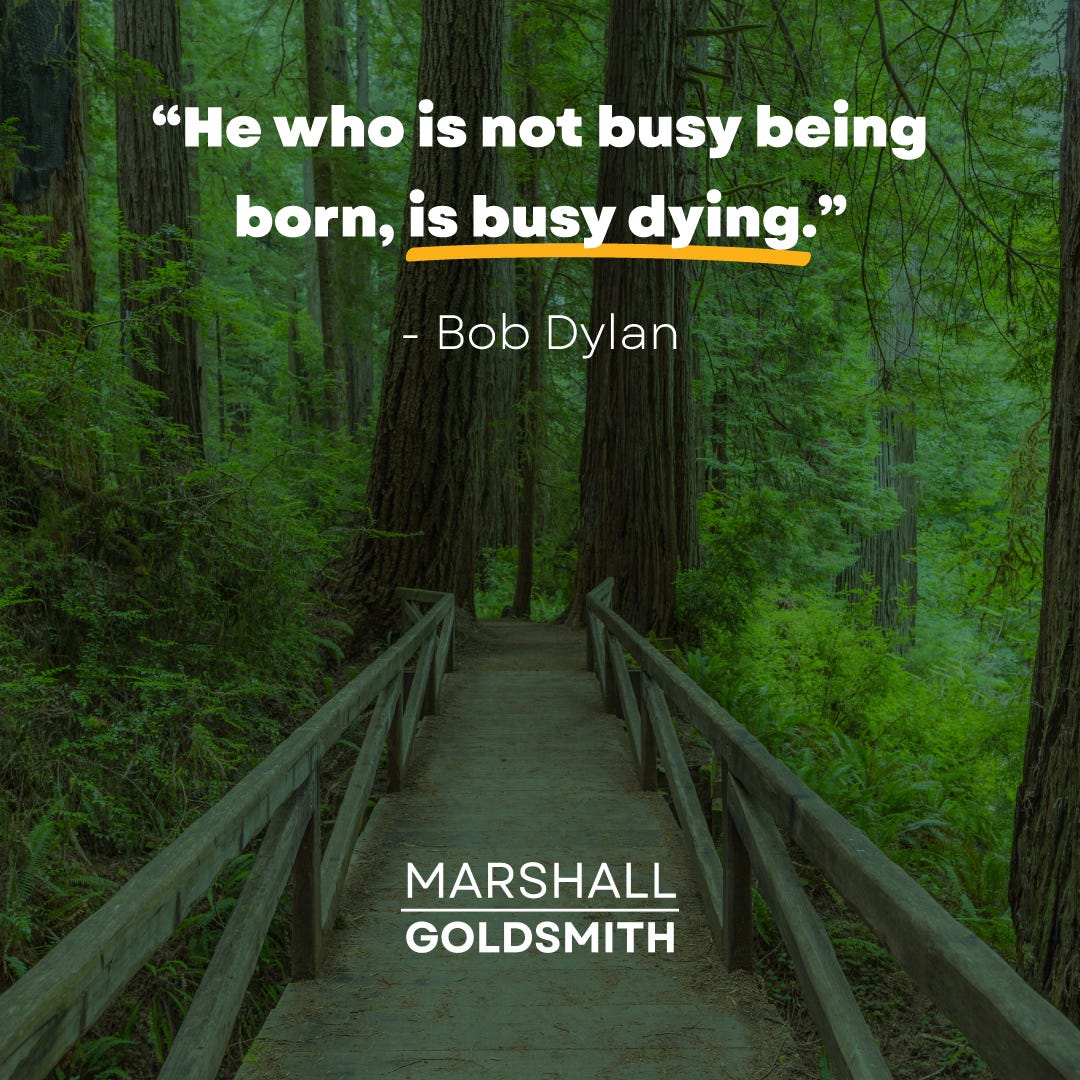The Earned Life!
Fulfilling an Earned Life
Many people ask themselves whether they are living a fulfilling life, whether they’ve made the right choices. Many of us continue to live in regret, ruing our decisions that took us down a path different from what we had envisioned for ourselves.
Even the most successful people can question their life choices and feel unfulfilled because they’ve neglected an aspect of their life that might have given them more of a sense of emotional accomplishment. What is an earned life, then? I believe that we live an earned life when the choices, risks, and effort we make in each moment align with an overarching purpose in our lives.
I will explore in this series of posts how to achieve an earned life.
Live your own life, not someone else’s version of it.
Make it a habit to earn it every day.
Attach your earning to something greater than mere personal ambition.
In the end, an earned life doesn’t include a trophy ceremony. The reward is less physical, but somehow more tangible. The reward of living an earned life is being engaged in the process of constantly earning such a life.
Exercise
Here is an exercise that may teach you to use your time well, and to begin to see how you can live with no regrets.
What does “earned” mean to you?
Think of a moment in your life that offers the most inarguable connection between what you set out to accomplish and what you ended up with. Perhaps your moment is as simple as wanting an A in algebra and devoting the hours of study to get it. Or maybe it’s that time you came up with a brilliant insight that instantly solved a problem that had all your colleagues stumped, elevating their opinion of you. Or maybe it’s an achievement with many moving parts: starting up your own business, writing a script and getting it sold, creating a product and bringing it to market.
Each of these is an “earned” event, discrete and attached to a specific goal. Hopefully, the feeling of success was sufficiently gratifying that you wanted to repeat it. This is how a life of earned rewards is built, achieved one goal at a time. But the sum is not always greater than the parts. This string of earned rewards doesn’t necessarily deliver an earned life.
DO THIS:
Take that earned feeling and amplify it.
Connect it to some objective greater than a transitory goal, something worthy of pursuing for the rest of your life. Pick one overarching purpose in your life.
Perhaps you want to connect your earned events to a spiritual practice so you can steadily become a more enlightened human being.
Or it may be something as farsighted as creating a legacy that benefits other people after you’re gone. Perhaps it’s someone else’s example that inspires you to be a better person (for example, the famous closing scene in the World War II movie Saving Private Ryan, in which a dying Captain John Miller, played by Tom Hanks, having sacrificed his life to save Private Ryan, whispers to him, “Earn this”). Your options are endless, but the earning process remains the same:
(a) making a choice,
(b) accepting the risk, and
(c) getting it done, with no gas left in the tank.
The only difference is that you’re attaching your efforts not to a momentary reward, but to an overarching purpose for your life.
Although this is a warm-up exercise before the heavy lifting, it’s not an easy one.
Most of us, at any age, have rarely been challenged to identify a greater life purpose. Fulfilling the mundane demands of daily life is more than enough to occupy our brain from hour to hour.
Remember: This is not a graded test, nor is your answer binding forever (it can change as you change). What matters is your attempt at an answer, however effortless or struggling.
Now you’re ready to begin.
In my writings, I’ve helped people learn to be leaders, to find that point where their professional aspirations intersect with their personal well-being. In my book, What Got You Here Won’t Get You There, I wrote about how to eradicate self-defeating behavior in the workplace. In my book, Mojo, I explored how to deal with career setbacks that can stop your momentum. In Triggers, I wrote about how to recognize the everyday situations that trigger our least appealing responses and choices.
As I look back on my own career, and the work I’ve done and the experiences I’ve had with others, and their accounts of their own lives and leadership experiences, it is appropriate now to tackle the challenge of regret.
It’s true that no one wants to be lying on their deathbed thinking of regrets. The important thing is to address it head on and see how you can overcome it right now.
Life is good.
Marshall







